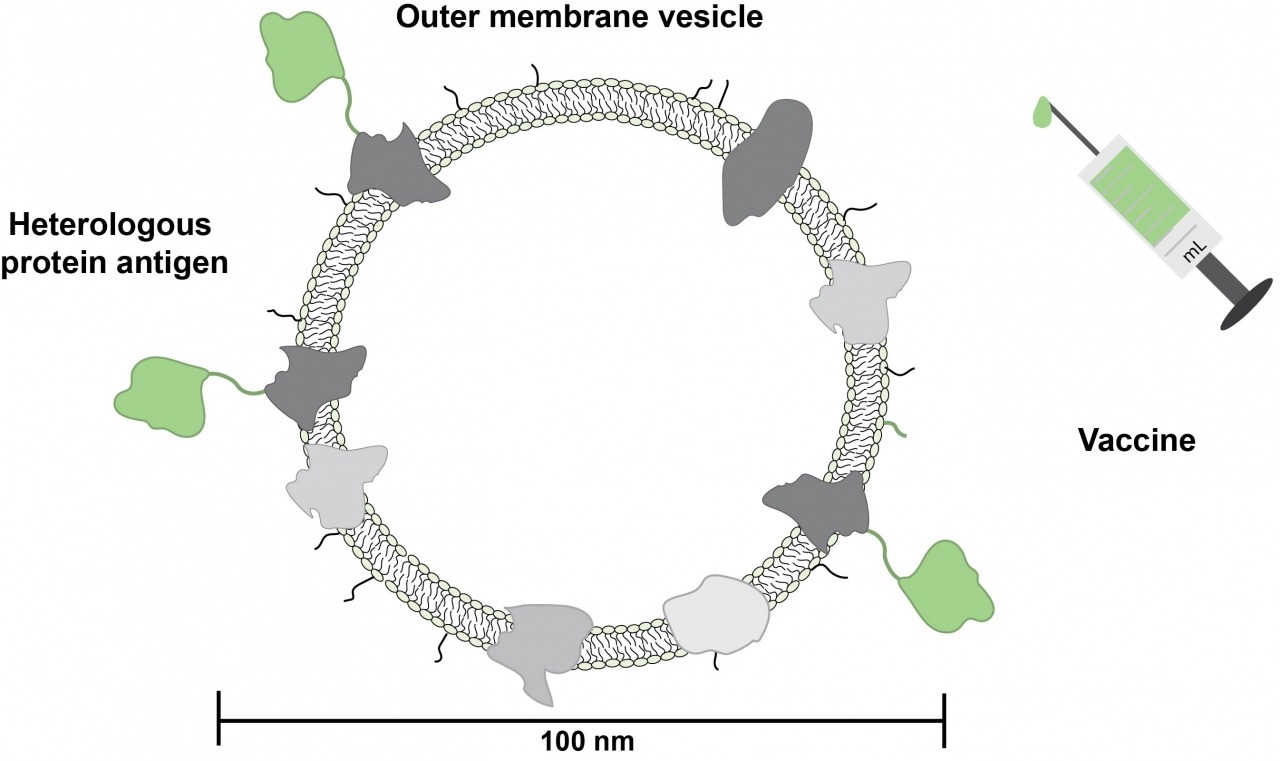

Group Leader
Cláudia R. Serra obtained her PhD in Biology at ITQB-NOVA, where she applied microbial genetics and molecular biology tools in the functional analysis of bacterial genomes, identifying and characterizing important genes of gastrointestinal isolates with biotechnological potential. She is currently a post-doc researcher at CIIMAR, dedicated to the characterization of gastrointestinal microbial communities of economically important fish species and to the development of novel probiotics for use in aquaculture. Claudia has more than 10 years of practical lab experience in academic settings with strong connections to pharma and animal-feed industries. Cláudia R. Serra obtained her PhD in Biology at ITQB-NOVA, where she applied microbial genetics and molecular biology tools in the functional analysis of bacterial genomes, identifying and characterizing important genes of gastrointestinal isolates with biotechnological potential. She is currently a post-doc researcher at CIIMAR, dedicated to the characterization of gastrointestinal microbial communities of economically important fish species and to the development of novel probiotics for use in aquaculture. Claudia has more than 10 years of practical lab experience in academic settings with strong connections to pharma and animal-feed industries.











